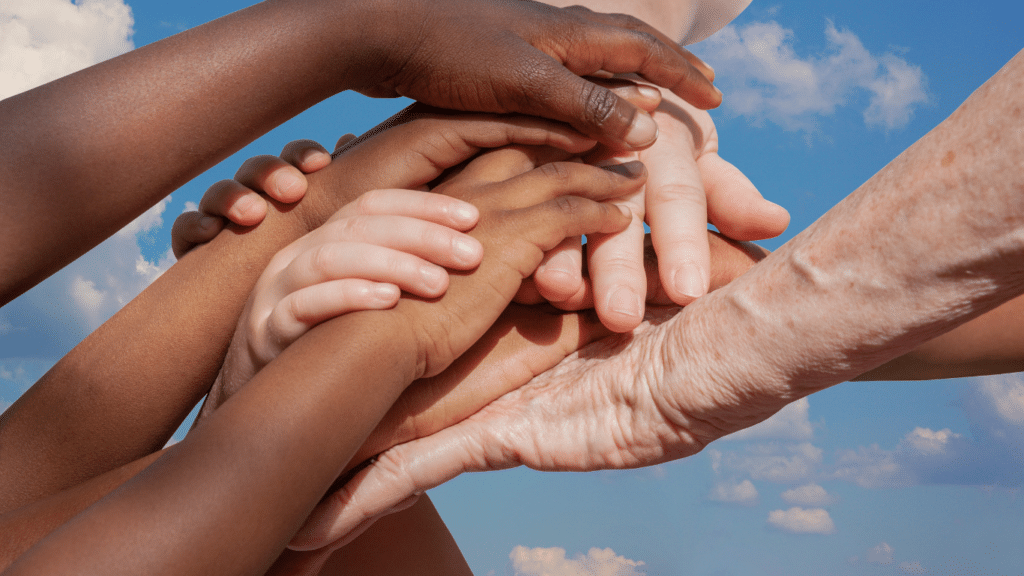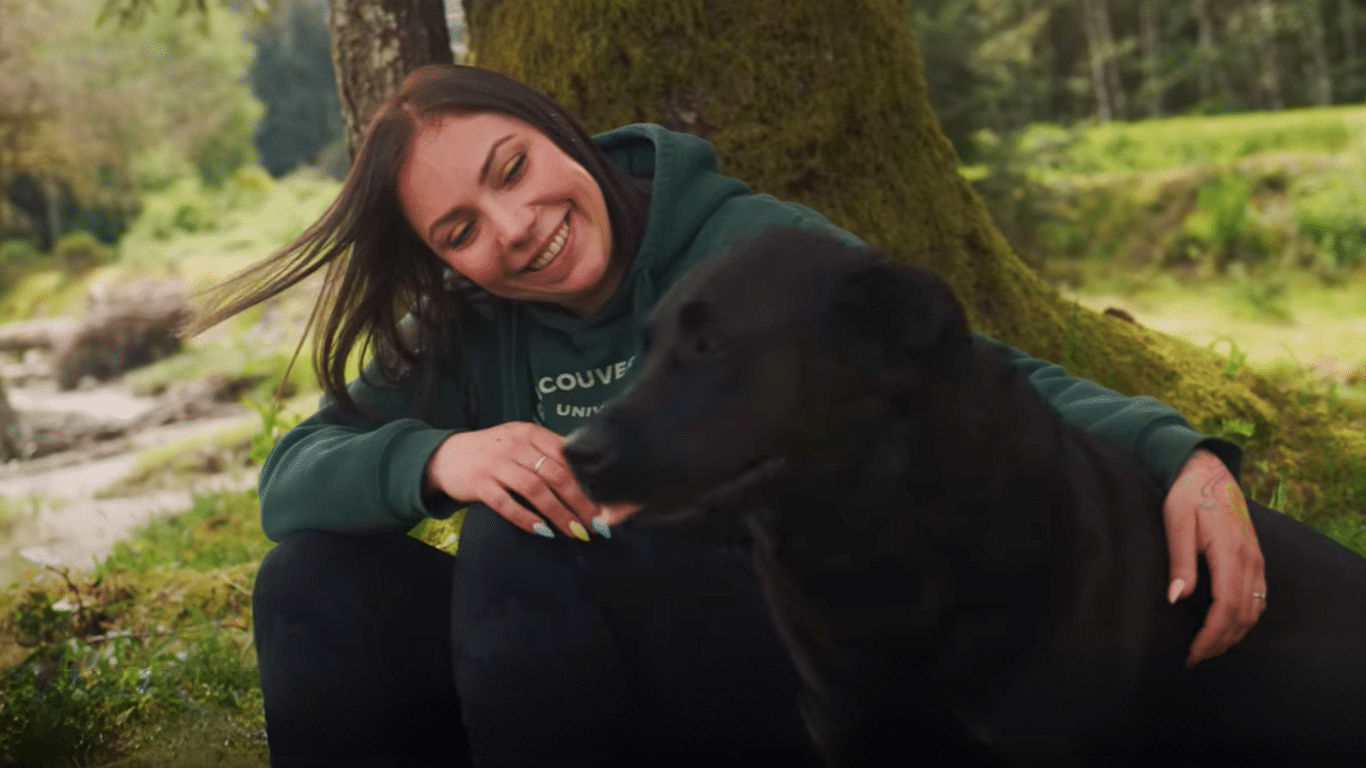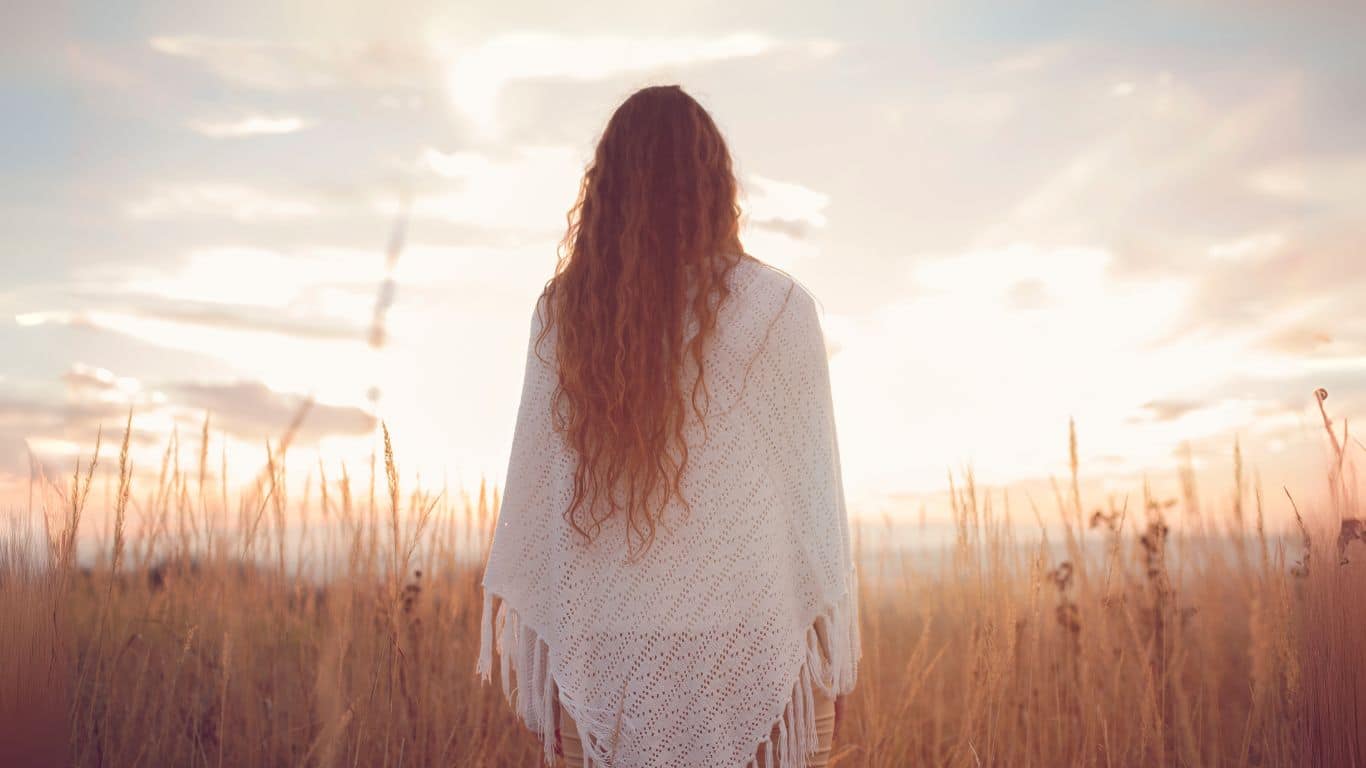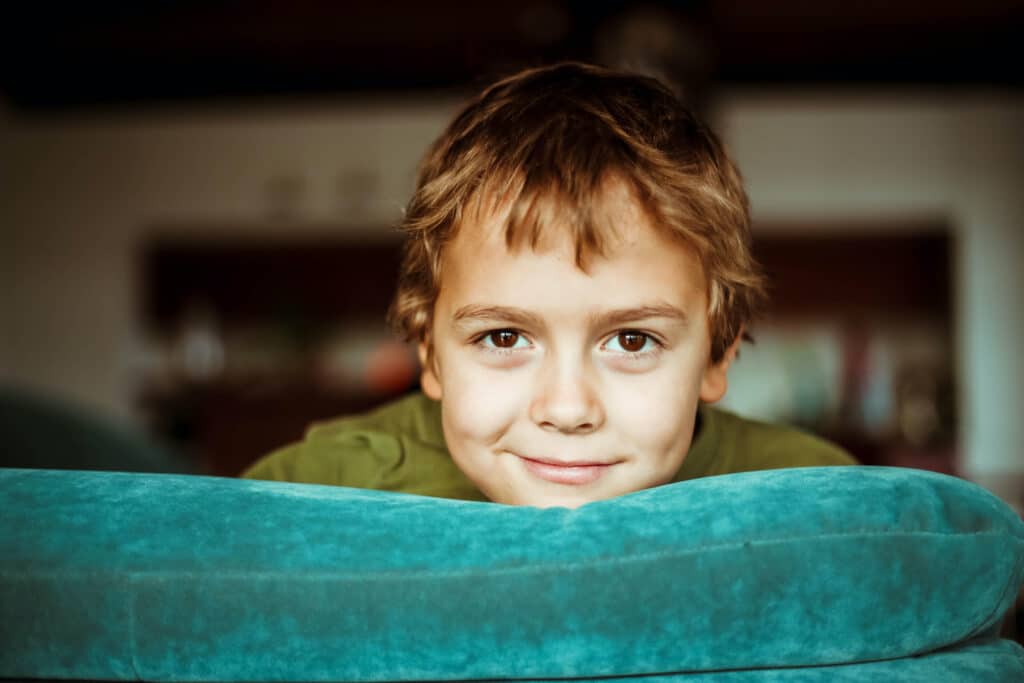Why did you write the book?
The inspiration (this is one of a series of books) stems from my own experience and from talking to adoptees, adoptive parents, and birth parents. Throughout my life I’ve had to answer so many “why?” questions: “Why is your skin so dirty?” “Why don’t you look like your mom and dad?” “Why is your hair so weird?” “Why aren’t you white like us?” “Why don’t you go back to where you come from?” “Why didn’t your mom want you?” When I was younger, I wanted to look like everyone else so I wouldn’t get so many questions. To make matters worse, I had a closed adoption so I didn’t have the answers myself.
Did it help to have a sister?
I didn’t really recognize my sister as a resource because she never actually wanted to talk about her experiences. My twin and I didn’t go to the same schools—our mother decided that we needed to have our own “identity.” So, we were very much on our own. One particular incident stands out. A boy in my Grade 2 class kept calling me names. I started crying and hit him. I tried to explain what had happened to the teacher, but she didn’t believe me. In the end, I got punished. When I told my parents, my dad was angry with me. After that, I never shared another story with my family.
Did you know other children of colour?
In Grade 6, another girl came to my school and we became friends. It was exciting know that there really were other people like my sister and I.
How did this affect you?
I was nervous and shy; I was even ashamed of being adopted. As I grew up, I supported everyone except myself. I didn’t see, until years later, that I had to listen to myself and make it different for the children who may be going through similar experiences and feelings.
What should parents know?
Feelings and discussions about race and racism can be uncomfortable, which can lead to people saying things like, “Oh, you shouldn’t make such a big deal about race, ” or, “We’re all just people.” Parents need to listen to the concerns their children come home with and believe what they are saying. Children need their parents’ support all the way through, so that they will become well adjusted, strong adults in a society that looks down on them.
I’d also say that children shouldn’t be left alone to find solutions to their problems. Having said that, in the end it will be on the young adult to figure out what he or she will need to do to be a part of the community. It is important to remember that parents aren’t able to fix everything for their kids, not when they are young, and definitely not when they are adults. Those decisions will, unfortunately, be ones that each individual will have to deal with themselves.





